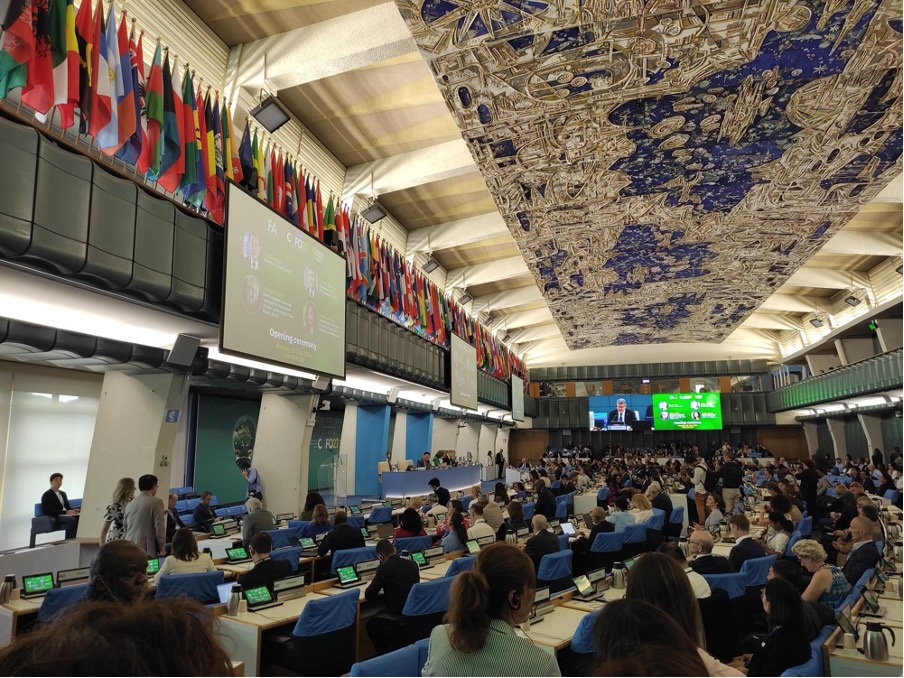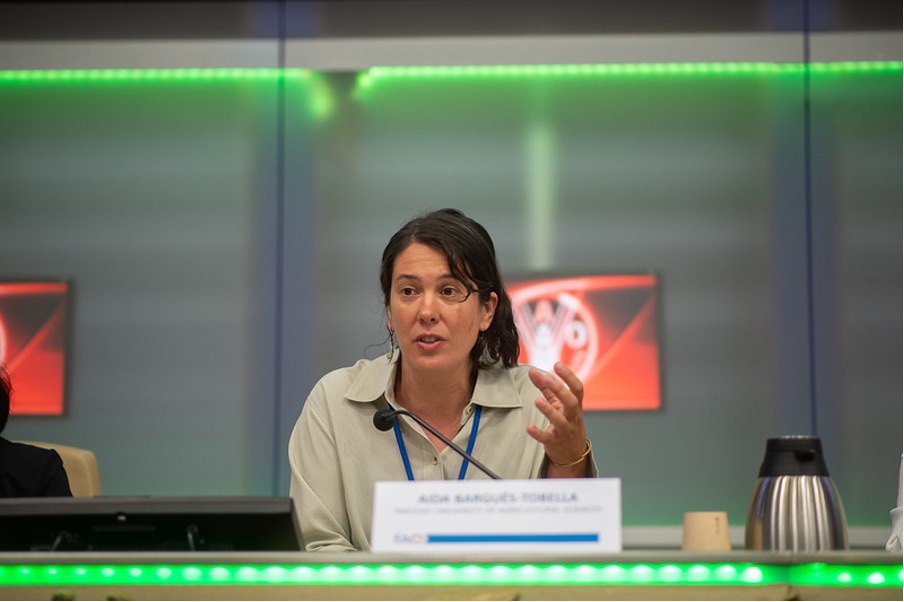The 27th biennial session of the Committee on Forestry (COFO 27) from July 22-26 2024 in Rome, amidst an oppressing heatwave. The session gathered high-level policymakers and experts from over 100 countries to address the urgent need for innovative forest solutions with the central theme, “Accelerating Forest Solutions through Innovation,”. COFO 27’s discussions also focused heavily on halting deforestation, and integrating forests with agriculture to boost food security.
Throughout COFO 27, the link between forests and agriculture took centre stage. Sessions deeply explored this connection, focusing on how forests contribute to agroforestry, food security, water management, and climate adaptation. Forests, long regarded as vital ecosystems, play a crucial part in agriculture by regulating water cycles and sustaining biodiversity. Bridging the gap between forest management and agricultural practices is key to ensuring sustainable food systems.

